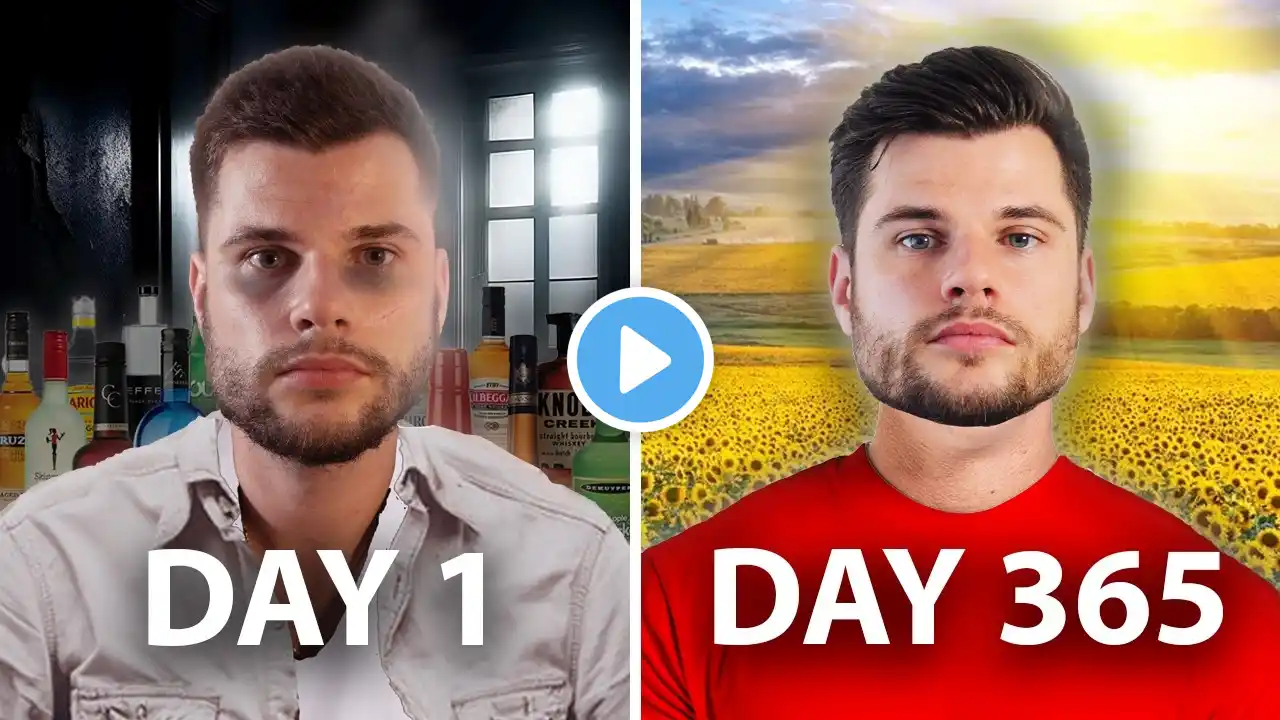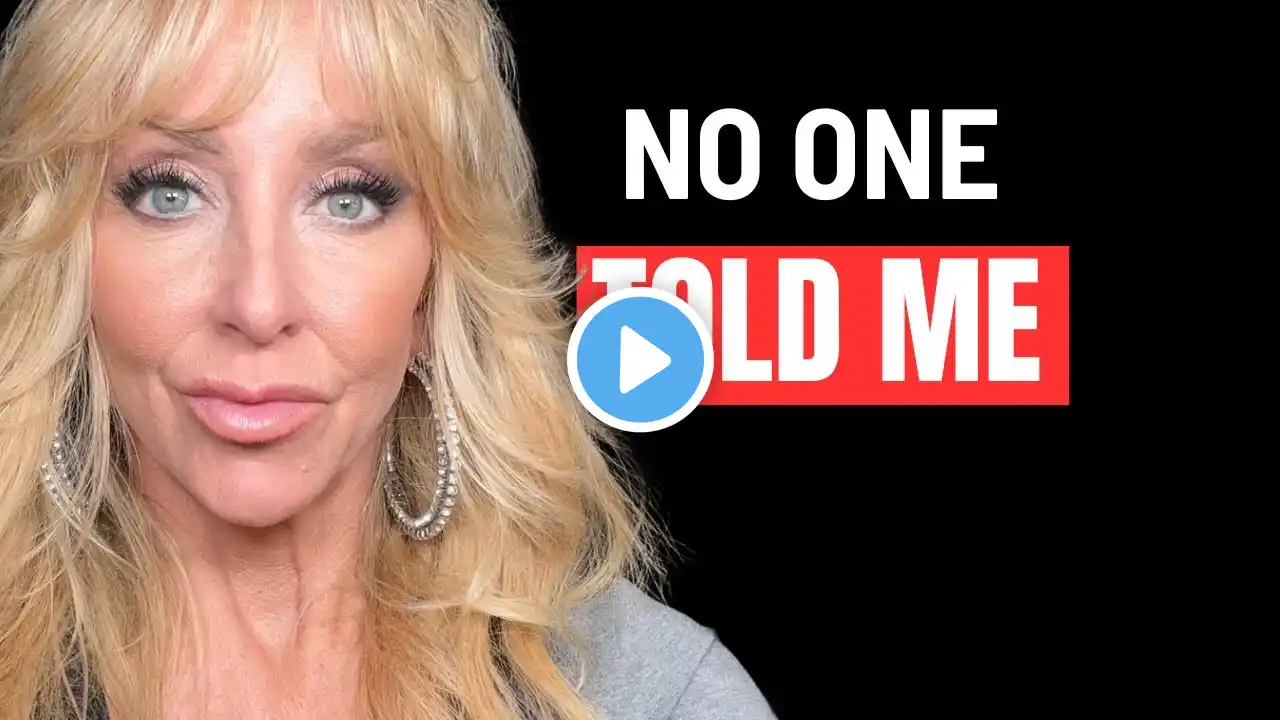
What Happens When You Stop Drinking Alcohol | Stop Drinking Alcohol For 30 Days
#stopdrinkingalcohol #quitdrinkingalcohol Welcome to @PhysioMedics. In this video, we are going to discuss what happens when you stop drinking alcohol | stop drinking alcohol for 30 days. When an individual decides to stop drinking alcohol, whether abruptly or gradually, their body undergoes a series of positive changes that can significantly impact their health and overall well-being. One of the first noticeable effects of quitting alcohol is improved sleep patterns. Alcohol disrupts normal sleep cycles and can lead to poor-quality sleep even when consumed in moderation. By abstaining from alcohol, individuals often experience deeper and more restful sleep, which in turn enhances mood, cognitive function, and overall energy levels during the day. Moreover, ceasing alcohol consumption can lead to a healthier liver. The liver is responsible for metabolizing alcohol, and excessive drinking over time can lead to liver inflammation, fatty liver disease, and even more severe conditions like cirrhosis. When alcohol intake stops, the liver has the opportunity to repair itself. Liver function tests typically show improvements in enzyme levels, indicating reduced stress and inflammation on this vital organ. Another notable benefit is improved mental clarity and cognitive function. Alcohol is a central nervous system depressant that can impair judgment, coordination, and memory, especially with chronic use. Once alcohol is eliminated from the system, individuals often report enhanced concentration, sharper memory, and better decision-making abilities. Quitting alcohol also positively impacts cardiovascular health. Chronic alcohol consumption is linked to high blood pressure, irregular heart rhythms, and an increased risk of heart disease. When alcohol intake ceases, blood pressure levels often decrease, heart rate stabilizes, and the risk of cardiovascular complications diminishes over time. In addition to physical health improvements, quitting alcohol can have profound effects on mental and emotional well-being. Alcohol dependence or abuse can contribute to anxiety, depression, and mood swings. Withdrawal from alcohol can initially exacerbate these symptoms, but over time, many individuals experience reduced anxiety and a more stable emotional state as their brain chemistry rebalances without the influence of alcohol. Socially, quitting alcohol can lead to strengthened relationships and a more active lifestyle. Alcohol-free individuals often find themselves more engaged in hobbies, sports, and community activities that they may have neglected while drinking. Relationships with family and friends may also improve as communication and trust are restored. Overall, ceasing alcohol consumption is a significant step towards better health, offering numerous physical, mental, and social benefits. While the initial stages of withdrawal can be challenging, the long-term rewards of improved sleep, liver function, mental clarity, cardiovascular health, and emotional stability make quitting alcohol a worthwhile endeavor for many individuals seeking a healthier lifestyle. what happens when you stop drinking alcohol, what happens when you stop drinking, stop drinking alcohol, quit drinking alcohol, this is what happens to your body when you stop drinking alcohol, what happens when you quit alcohol, quit drinking alcohol benefits, alcohol effects on the body, what happens when you stop drinking alcohol for 30 days, stop drinking alcohol for 30 days, stop drinking alcohol benefits, quit drinking alcohol motivation, quit drinking alcohol for 30 days.



















